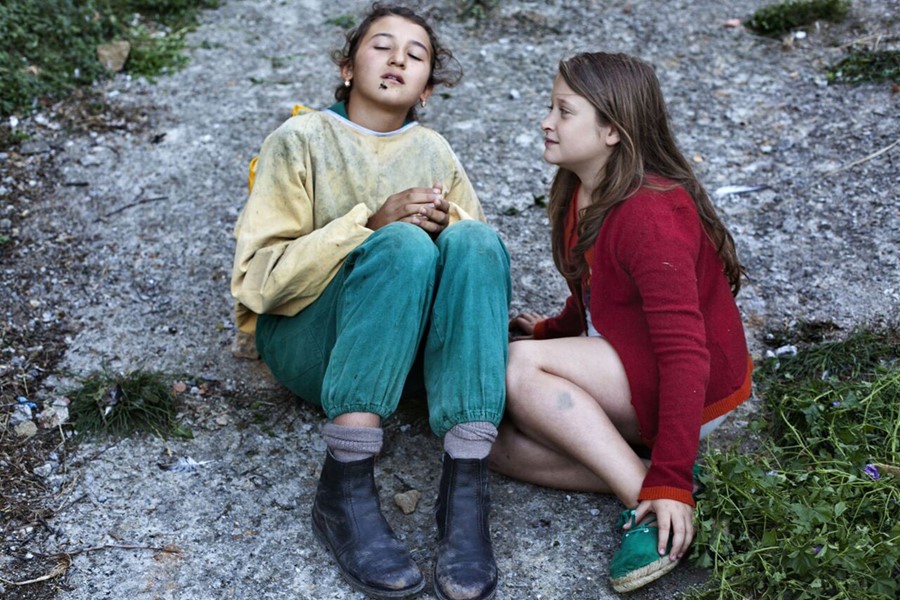Italian director Alice Rohrwacher reveals the ideas and inspirations behind her brilliant new film, The Wonders
"A good film brings up questions, releases experiences, stretches the muscles of the eyes," says Italian actress and director Alice Rohrwacher. And with The Wonders (Le Meraviglie) – her second directorial offering, and winner of the grand prix at last year's Cannes Film Festival – the 34-year-old has succeeded in making a very "good film" indeed.
It follows a farmer, Wolfgang, and his family who are living la vie bohème in the northern Italian countryside, where they keep bees and run a small honey business. They work hard and with great passion but are struggling to make ends meet. Wolfgang makes attempts to rectify matters by taking in a 14-year-old boy from a young offenders programme, complete with compensation fee, to help on the farm. Meanwhile 12-year-old Gelsomina, the eldest of his four daughters, has other plans, secretly putting the family forward for a somewhat surreal talent show – presented, incidentally, by Monica Belucci dressed as an ancient Roman queen – in search of the region's "most traditional family."
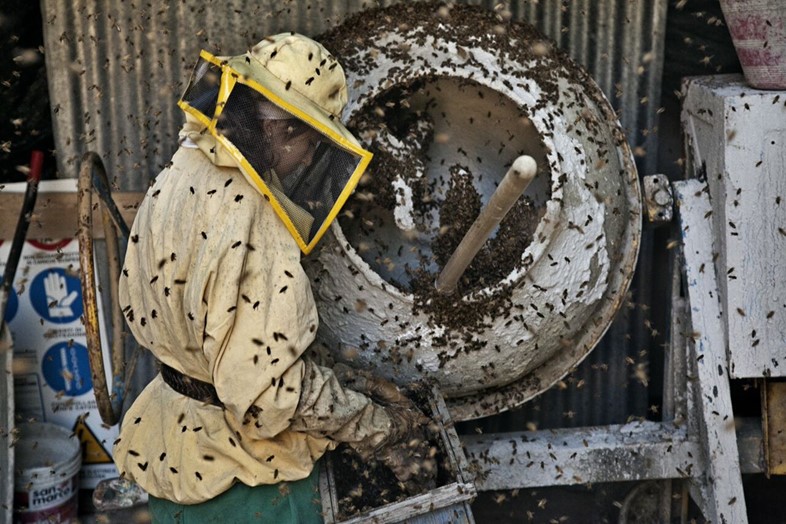
What unfolds is an impressionistic, visually sumptuous story that encompasses the emotional afflictions of adolescence, the intricacies of family dynamics and the struggle to uphold tradition in an ever-modernising world (an idea supplemented by Rohrwacher's decision to shoot on Super-16 film stock rather than digitally). It is not a film of dramatic twists and turns, instead giving time and space to life's smaller moments to moving and memorable effect. Here, in celebration of the film's UK release, we catch up with the Tuscan director to find out more about the ideas at the heart of the film and why she struggles to talk about her own movies.
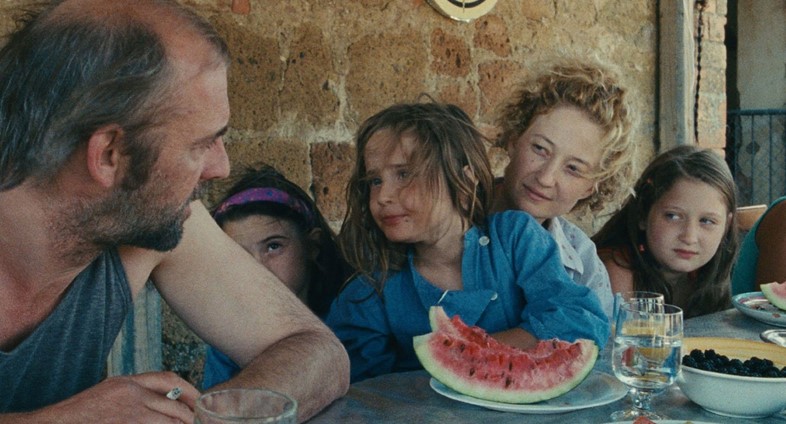
On developing the concept for the film... "I wanted to tell the story of a transforming landscape – the Italian landscape, forever at the centre of a big battle between representation of the typical and exploitation of resources – and how land work has changed. The movie is about an a-typical family – they love their job yet they're unable to sell themselves to the traditional market. They can’t find their place in a world which increasingly needs to define, select and most of all regulate. My starting point for the film was the place, as well as interviews and encounters. The work of other artists, filmmakers, painters and writers is there in my memory, but it's not the springboard for my work."
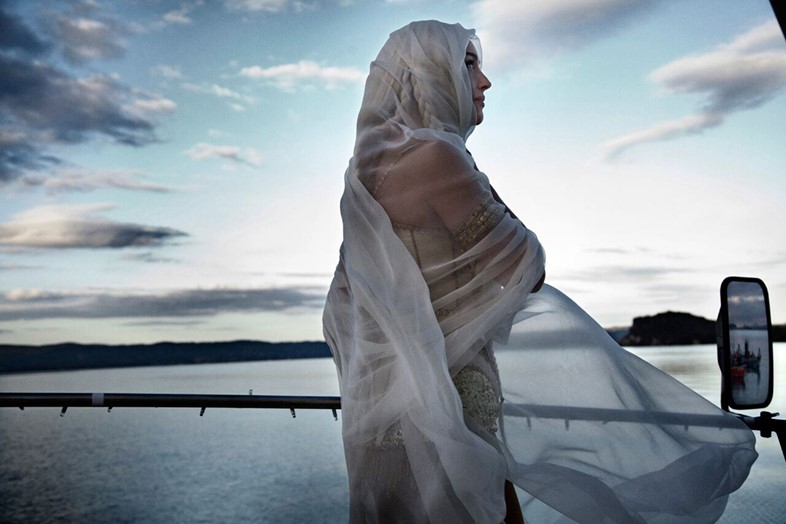
On the autobiographical elements of the film [Rohrwacher's father also worked as a beekeeper]... "The world in which the film is shot is my world, but there are no autobiographical references in the story or if there are, they’re not very influential for me. "
On the fascination of beekeeping... "It’s a job of big frustration, because you work with an animal of such perfection that, however, you can’t communicate with. You can’t be loved by bees, you can only love bees. Bees aren’t interested in humans, but still they’re beautiful. This misery fascinated me."
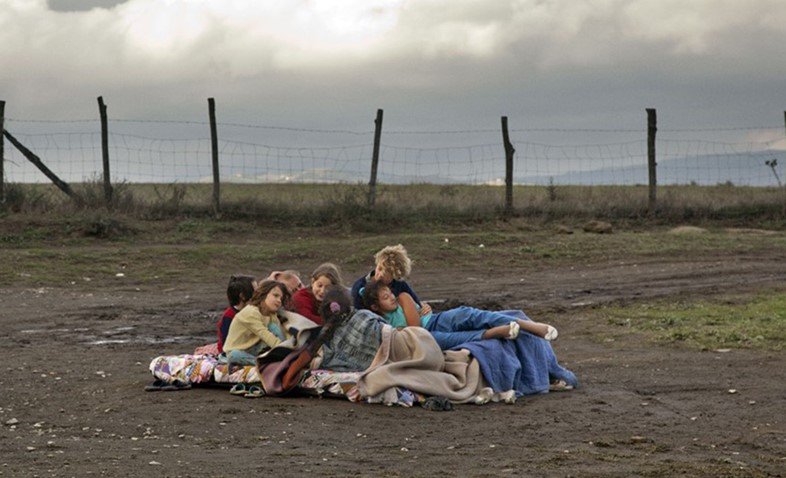
On the film's cinematography... "I try to make films that I’d like to watch; films that people I work with would like; films that in a way we love, without having to ask ourselves too many questions about how they should look."
On the relevance of the camel [presented by Wolfgang to his children]... "The camel felt like the perfect image to tell a father’s love for his daughter – a bulky and awkward animal, that is funny but also sad and exotic."
On talking about her films... "I think the most difficult thing about making a film is having to explain it afterwards, honestly. Because for me images and words work on different levels. Giving answers after the film is completed is so hard because answers shut in, pigeonhole, put in a cage.
The Wonders is in cinemas now.
